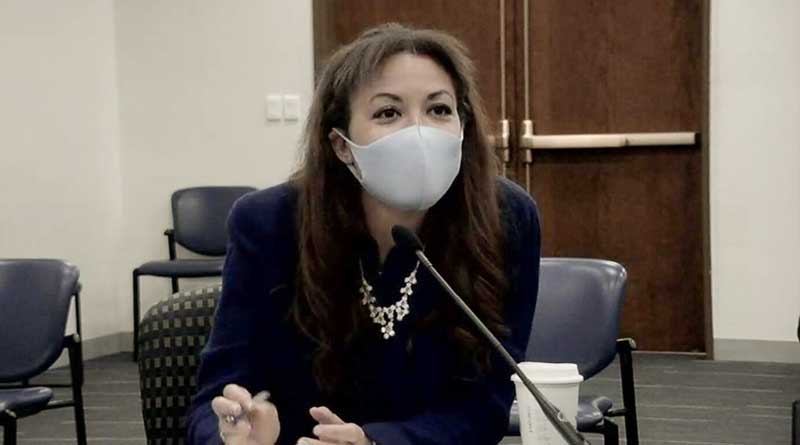The Center Square [By Vivian Jones]-
Teacher raises, vacant positions and funding for school districts with decreased enrollment this school year were some of the topics discussed Tuesday as the chiefs of Tennessee’s education agencies presented their proposed budgets for the upcoming fiscal year.
Gov. Bill Lee is hearing budget presentations from each of his state agencies over the course of the week, preparing to put together a state budget proposal Lee will present to the Tennessee Legislature in his State of the State address next year.
As the state prepared to respond to a dramatic financial toll brought on by the response to the COVID-19 pandemic, Tennessee Finance and Administration Commissioner Butch Eley asked agencies in May to prepare to propose a 12% reduction in their budgets.
In addition to specific funding requests, budget hearings have focused on the effect the COVID-19 pandemic has had on operations and adaptations that have been necessary within the work of agencies to continue serving constituents.
Budget discussions for the Tennessee Department of Education (TDOE) was no different Tuesday morning, as Education Commissioner Penny Schwinn made the department’s funding pitch to the governor.
Schwinn said the TDOE prioritized funding cuts for services that would not be passed on as expenses to local school districts. In addition to eliminating vacant positions across the department, Schwinn noted the TDOE renegotiated a contract with a test provider, saving the state $40 million over the five-year contract.
“We were spending something like $11 for each paper test. We were able to bring that down to somewhere between $2 to $3 per paper test,” Schwinn said.
Schwinn said the TDOE also will scale back on office space. The TDOE is housed over four floors of offices in the Andrew Johnson building, in addition to regional offices. Remote work and extensive in-district travel among staff have made it possible for the agency to reduce its workspace by half.
“Needing to have that physical space where they very rarely are sitting because they are in a district seemed unnecessary, so we are eliminating those core offices, the physical spaces, so that folks can really lean into spending time on the ground and classrooms and districts,” Schwinn said, noting the department will institute a rotating schedule of in-office work.
“We are continuing to work through things like phones, internet, some of the printing things that are needed for our day-to-day work, but we are seeing the productivity and the outcomes,” Schwinn said.
Schwinn also noted that school safety and transportation teams will be consolidated and merged into a “district operations” team, saving $350,000. The TDOE also will make reductions of $41,000 to the State Board of Education, $6,400 to the Achievement School District, $84,000 to the charter commission, and $100,000 to maintenance services made possible by reducing the department’s footprint.
“The future of Tennessee depends on education funding,” Lee told reporters in a news conference between budget hearings Tuesday morning.
While planned raises for teachers were eliminated during budget cuts the Legislature made bracing for financial hardship, Lee said he’s optimistic there will be funding for teacher raises this year.
“We certainly hope that there will be an opportunity for meaningful increases in teacher base we have,” Lee said, praising the work of teachers in response to the COVID-19 pandemic.
State funding for school districts is determined by student enrollment. As many students have pursued school alternatives such as online study or attending a different school because of the effect of COVID-19 on the education system, many school districts have reported a decrease in enrollment.
In its annual report to the governor, the state Basic Education Program Review Committee – the entity that reviews Tennessee’s mechanism for funding of local school districts – recommended local districts be “held harmless,” and not receive budget cuts as a result of COVID-19-related enrollment decreases.
Lee also said he anticipates school districts will experience lower enrollment as more students have pursued education alternatives.
“Ultimately, the Legislature makes the decision regarding the proposals that we make in our budget,” Lee said, “but we believe that districts will be held harmless, that that funding will continue at the same level, that the challenges that districts have faced as a result of the pandemic those burdens should not be associated with funding that they’ve received in the past.”




